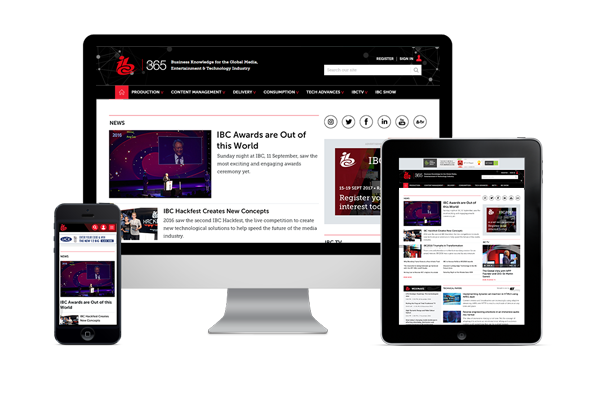Ofcom: TV remains UK’s most popular news source

Almost half of UK adults now use social media to keep up-to-date on the latest news, although TV remains the most popular news platform in the country, according to a report from regulator Ofcom.
Read the full article

Sign up to IBC365 for free
Sign up for FREE access to the latest industry trends, videos, thought leadership articles, executive interviews, behind the scenes exclusives and more!
Already have a login? SIGN IN

















